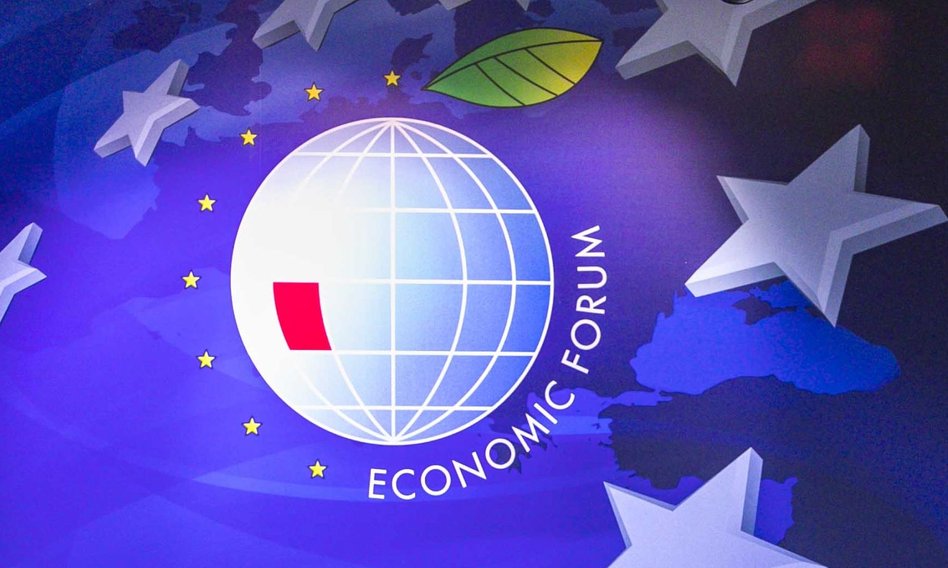“More free market or more government? How to strengthen post-pandemic recovery?”. It was the title of a panel hosted by the Civil Development Forum (FOR) during the Economic Forum in Karpacz, Poland, the largest conference of its kind in Central and Eastern Europe. The panel was supported by Friedrich Naumann Foundation for Freedom. Agata Stremecka, President of FOR, moderated the discussion.
The pandemic only damaged parts of the economy, according to Chief Economist of FOR Slawomir Dudek, but government spending was directed practically everywhere. Furthermore, war-like rhetoric was employed to attack and deconstruct different institutions and norms, particularly fiscal rules. COVID-19 has been overused to justify government interventions.
Mr. Dudek advised against excessive spending and “cheap money” during and after a pandemic, citing examples of massive waste that occurred in South Europe in the past owing to “cheap money.”
Furthermore, excessive economic stimulation through government spending may raise inflation in Poland and abroad. Many long-term challenges have been obscured by the crisis, and the recovery is disguising them even more – we are once again deferring important reforms.
In Bulgaria, apart from tourism, most sectors of the economy are already doing better currently than before the pandemic, said Latchezar Bogdanov, Chief Economist of Bulgaria’s Institute for Market Economics. Thankfully, despite the crisis, Bulgaria so far remains one of the EU’s most fiscally prudent countries, with modest deficits.
Mr. Bogdanov acknowledged that a portion of the pandemic-related financing went to enterprises that didn’t need it – including oligarchs and businesses linked to politicians or big companies not particularly affected by the crisis. At the same time, the government increased spending on other priorities unrelated to health care, like projects for road construction.
Mr. Bogdanov further stated that several European countries have been in need of structural reforms for decades, and COVID-19 made no changes in this regard. Reforms are still needed in Europe, but there are is an increasing number of political parties, notably in Central and Eastern Europe, that place a greater emphasis on stimulating demand through fiscal stimulus rather than focusing on structural reforms that increase long-term competitiveness of the economy.
After a decade of solid growth Germany was in a good starting position before the pandemic, argued Justus Lenz, Policy Advisor for Economic and Financial Affairs at the Friedrich Naumann Foundation. In his opinion, pandemic-related financial assistance was appropriate.
But the opportunity to use the tax system to assist businesses efficiently, instead of setting up bureaucratic and slow help-systems, was wasted. The fundamental lesson for Europe following the epidemic, according to Mr. Lenz, is to use good years better to restructure the economy. Many challenges were overlooked prior to COVID-19 (e.g. in many countries the digital transformation of the public sector).
The problem with so-called helicopter money, according to Jukub Szulc, former Deputy Minister of Healthcare in Poland and Corporate Affairs Director at ALAB Laboratoria, is that some money is wasted. He pointed to regulatory flaws in Poland’s healthcare system.
During the pandemic, more money was given to healthcare, but it was not accompanied by any major structural adjustments. In Poland’s healthcare system, there are significant reserves for eliminating inefficiencies, however the most recent crisis was not adequately utilized in responding to these issues.
Continue exploring:
Economics Olympiad in Slovakia: Winners of The Fourth National Finals



